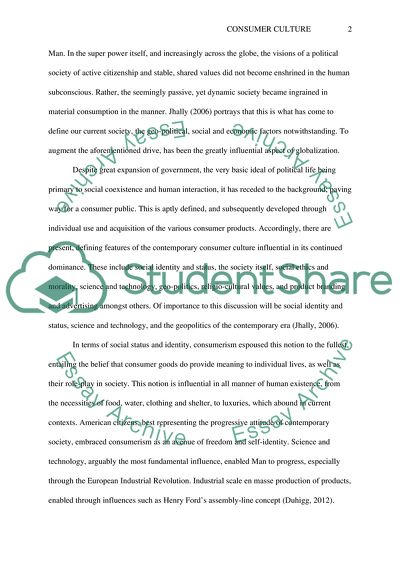Cite this document
(“Consumer Culture in terms of Social Status and Identity Essay”, n.d.)
Retrieved from https://studentshare.org/journalism-communication/1643698-writer-choice
Retrieved from https://studentshare.org/journalism-communication/1643698-writer-choice
(Consumer Culture in Terms of Social Status and Identity Essay)
https://studentshare.org/journalism-communication/1643698-writer-choice.
https://studentshare.org/journalism-communication/1643698-writer-choice.
“Consumer Culture in Terms of Social Status and Identity Essay”, n.d. https://studentshare.org/journalism-communication/1643698-writer-choice.


